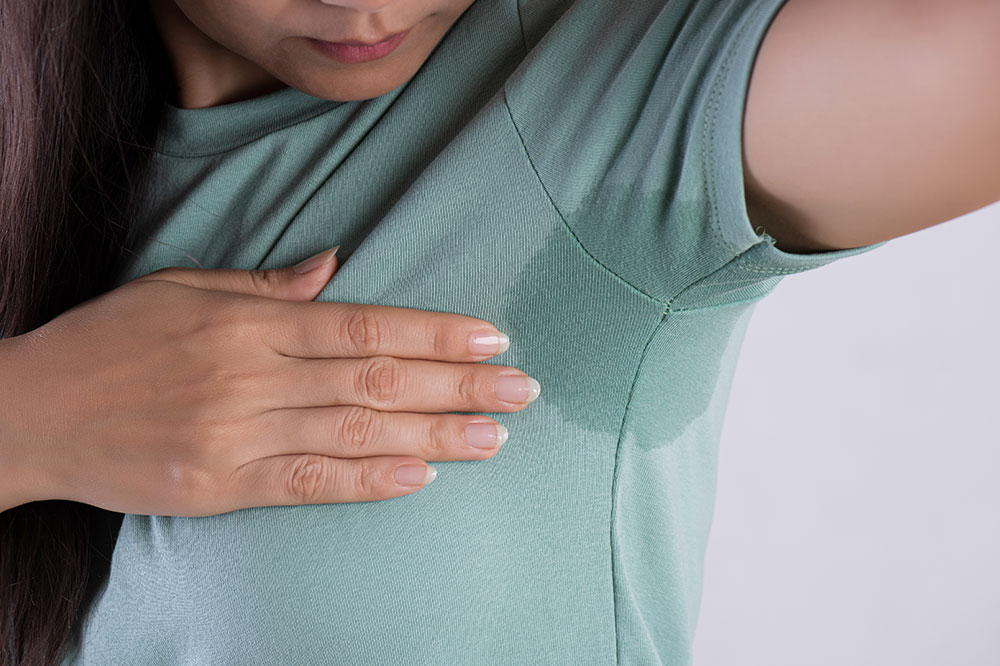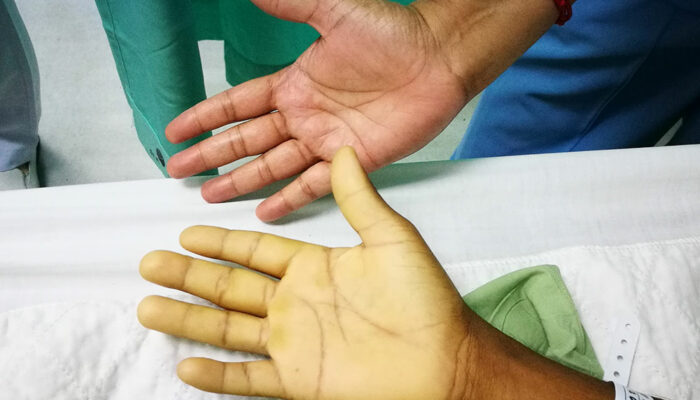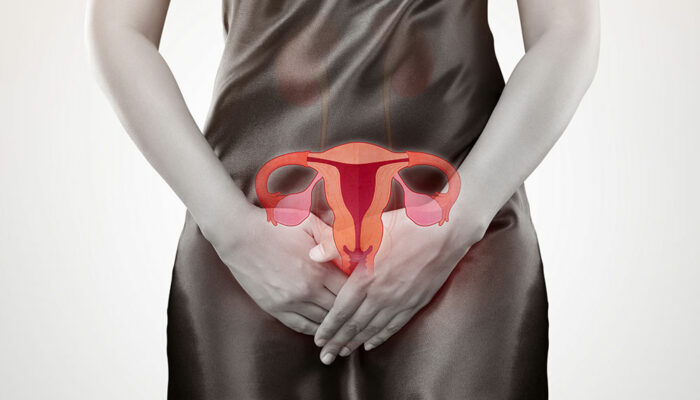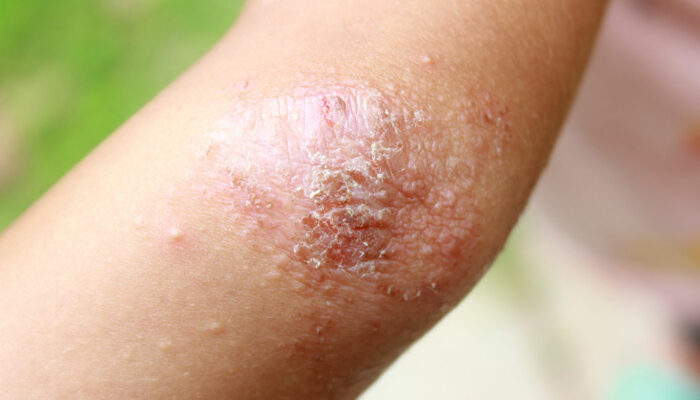
7 Complications Caused by Hyperhidrosis
Hyperhidrosis is a condition in which the patient may sweat excessively, regardless of heat or physical activities. Certain body parts, like the underarms, back, thighs, face, and even hands may constantly be sweaty. This could easily lead to social anxiety and esteem issues. Additionally, hyperhidrosis leads to various complications, such as the ones given below.
1. Body odor
Medically termed bromhidrosis, the condition results in bad odor as the bacteria present on the skin come in contact with the sweat. Usually, the areas that create the most odor are armpits, groin, and closed feet.
2. Infections
An individual with hyperhidrosis may be more prone to skin infections like warts and maceration. Bacteria are prone to develop in moist and dark areas of the human body.
3. Athlete’s foot
Also known as tinea pedis, the condition involves a fungal infection on the feet. It’s common for it to start between the toes, and it is likely to spread to the entire foot. Moist toes are the main culprit of developing this condition.
4. Jock itch
This condition is similar to that of athlete’s foot and is medically termed tinea cruris. But instead of the foot, the fungal infection occurs around the groin. Again, it is excess moisture that manifests the bacteria and allows them to stay there. Steer clear of tight pants and let the area breathe as much as possible.
5. Maceration
This is a condition which turns the hand extremely soft and mushy due to persistent moisture. This could affect how an individual performs daily chores or how they even lift objects.
6. Psychological impact
Since the condition could have a major impact on how an individual performs daily tasks, it could raise issues of self-doubt and one may be embarrassed to be around others for an elongated period. It is likely to lead an individual to continuously compare their situation with others and make them less tolerant of their condition.
7. Social and emotional issues
Any condition that can interfere with one’s appearance or social image, can lead to social anxiety. Patients may unintentionally want to isolate themselves and avoid social gatherings as much as possible. This could make it difficult for them to have a social circle and will not let them engage with new people. It could also curb their personal as well as professional growth, as some may prefer working from home to avoid any human contact.
Common symptoms of hyperhidrosis
- Excessive sweating
- Noticeable wet marks on clothes
- Stained clothes
- Itching and inflammation
- Body odor
- Recurring skin infections
Thankfully, this condition can be treated and the symptoms can be managed. Aside from this, there are a few lifestyle changes that one can make to manage hyperhidrosis symptoms better. These may include taking multiple showers, changing clothes often, and keeping a fresh pair of clothes in the vehicle.



